Tucked into the gentle rolling hills of western Kentucky rests a town called Dawson Springs, the nation’s poster child for Resilience. A devastating fire in 1902 burned the entire town. They rebuilt. Then just a few years ago calamity struck again, in back-to-back years, in the form of deadly tornadoes.
Dawson Springs lies where the Pennyroyal Plateau tilts westward toward the floodplain, a green-lidded pocket of western Kentucky that once smelled of sulfur water and new money. Long before twisters and fire rewrote the map, this bluff above the Tradewater River was called “Buskins Spring,” a place the Chickasaw hunted and early settlers stopped to let their oxen drink. The water bubbled up cold and mineral-rich, tasting like rusted pennies washed in egg. A doctor with more ambition than patients declared it medicinal, and by the 1890s the town had re-christened itself “Dawson Springs” and begun bottling that pungent elixir by the barrel.
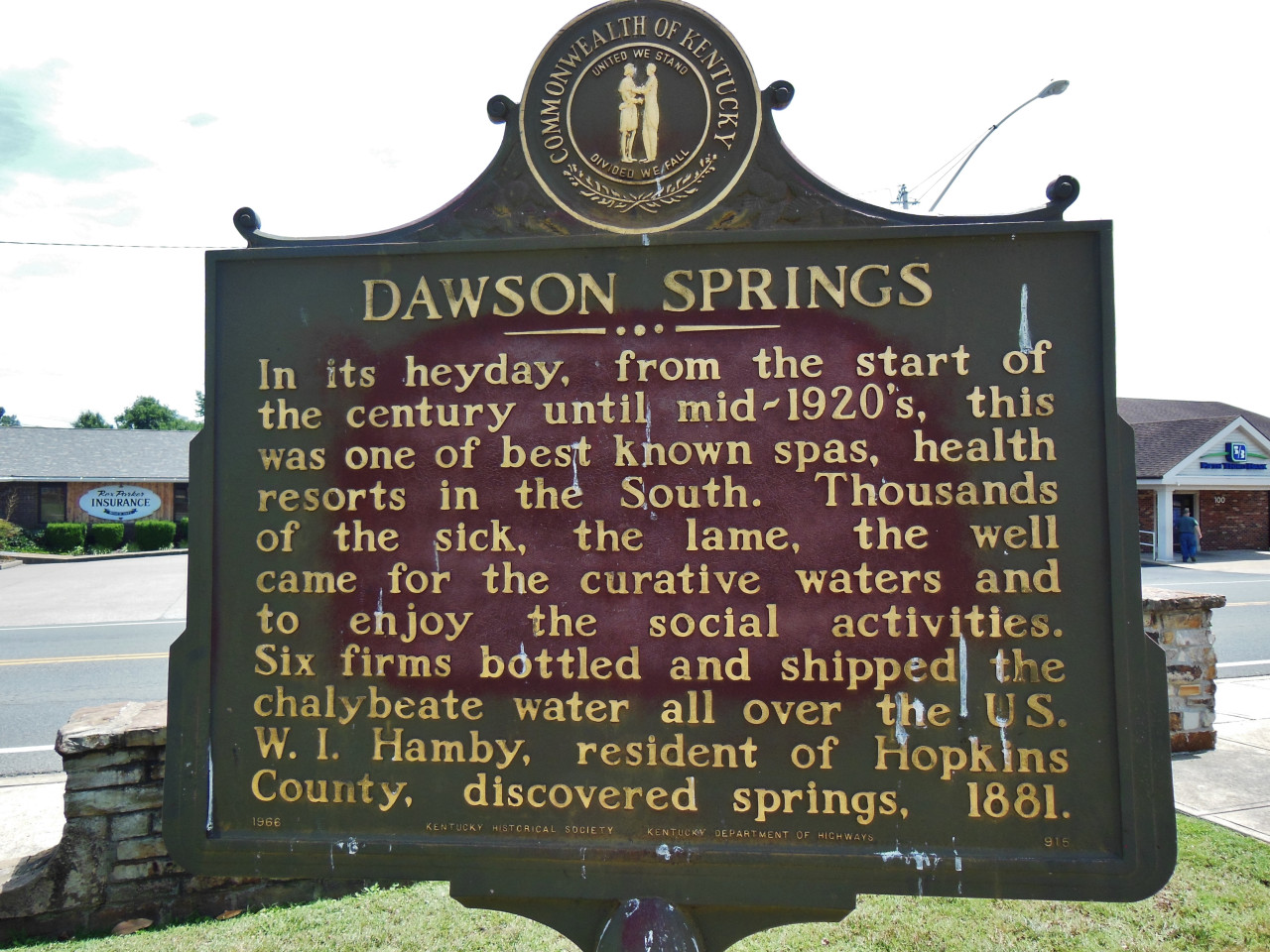
Pullman cars packed with city folk steamed in from Louisville and St. Louis. Ladies in white parasols strolled shaded promenades, sipping “Black Draught” from glasses clinking with shaved ice. A grand wooden hotel—The New Century—rose four stories beside the springs, advertising electric lights and ballroom orchestras. On summer evenings, the ball field at Riverside Park filled with tobacco farmers and traveling baseball clubs; legends say Honus Wagner slapped triples there before the Pirates claimed him. Coal lay shallow under the ridges, and the mines kept payrolls fat, the taverns louder, the Saturday streets busy.
Then 1902 struck flint against tinder. One careless spark in a Main Street livery stable raced through the dry clapboard downtown, devouring stores, offices, and the front porch of prosperity in a single July afternoon. By nightfall only chimneys jabbed the sky. Yet even as embers cooled, the townspeople gathered on the charred boardwalk, a resolve as plain as the soot on their faces: We build again. They hauled brick in wagons, laid foundations deeper, and slapped pine to joist. Within two years the storefronts stood straighter than before, each cornice line a quiet boast that Dawson Springs might burn, but it would not bow.
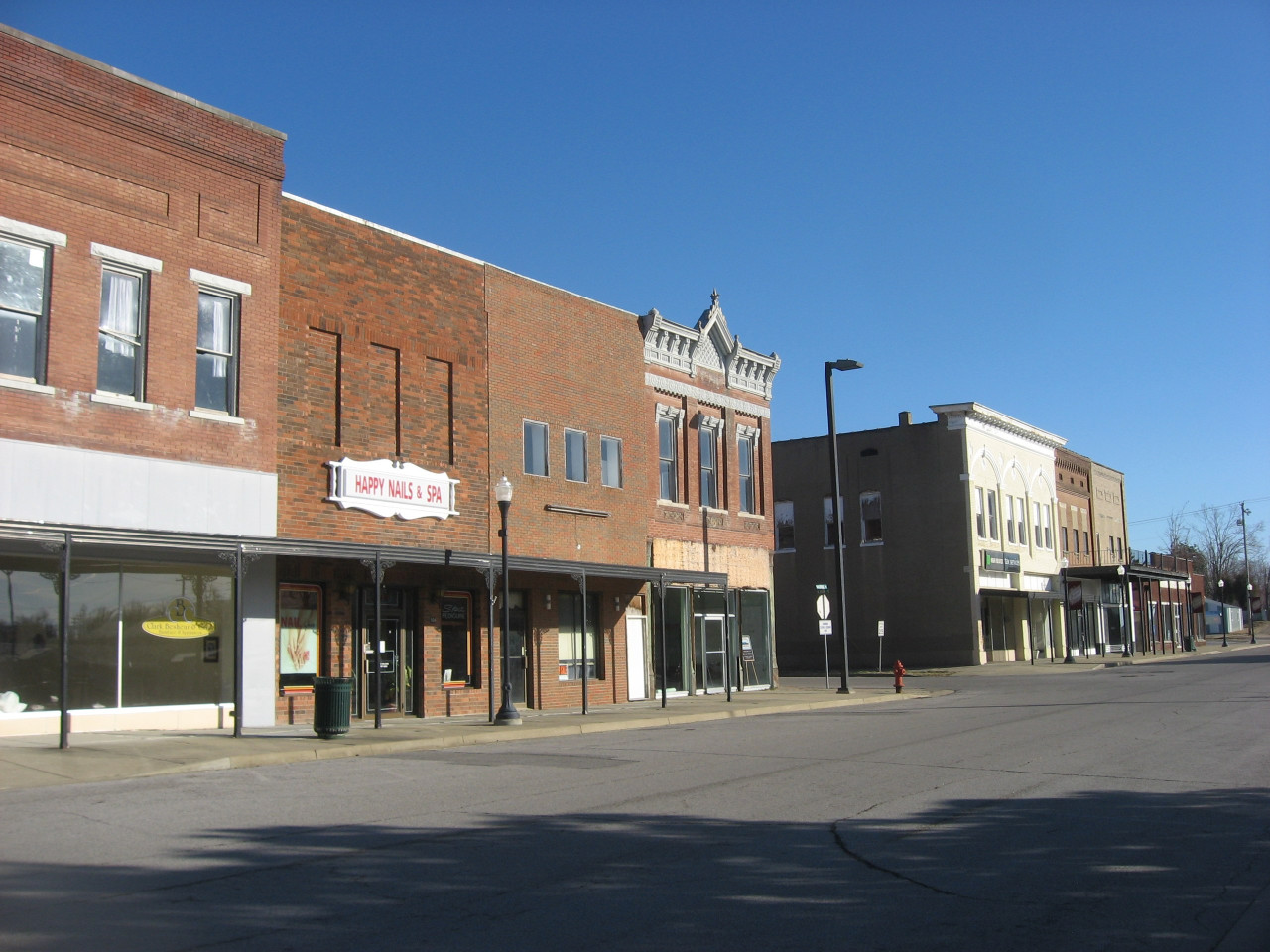
The spa era dimmed with the Great War and better medicines. Tourists chased newer fads; coal seams thinned; the grand hotel sagged into vacancy and winter rot. The town settled into modest rhythms—church suppers, Friday football, whistle of Norfolk Southern freight—content to be ordinary again. But ordinary does not shelter a place from the long arm of calamity.
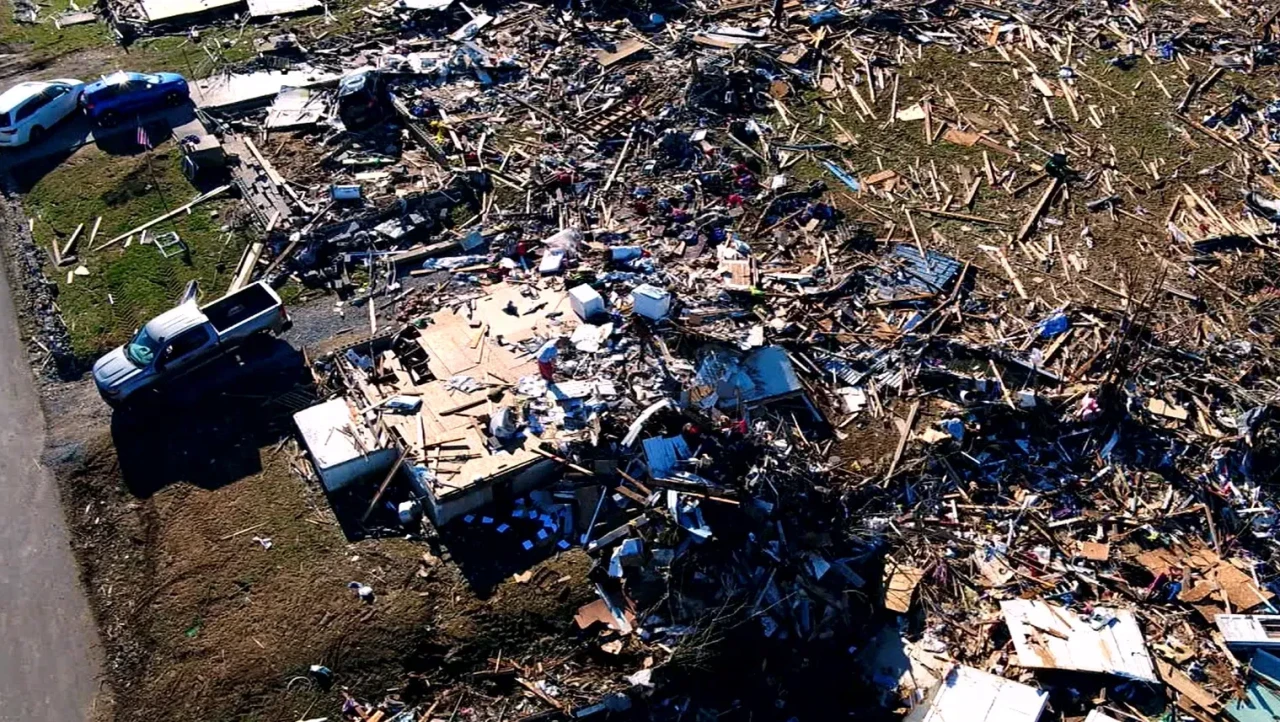
On the night of December 10, 2021, warm Gulf air collided with a cold trough fresh out of the Rockies. The sky turned bruise-purple. By the time that rotating monster crossed the Mississippi it had chewed a path two hundred miles long and a mile wide, erasing subdivisions. Sirens wailed; power died. Locals still describe the sound as a locomotive whose tracks ran through their living rooms.
At sunrise seventy-five percent of the town’s structures lay twisted or gone—sheet-metal ribbons in tree limbs, family photographs plastered against brewery walls ten counties east. Chainsaws sputtered to life while dust still hung in the air. Neighbors pulled neighbors from splinter heaps. A retired nurse set up a triage table on what remained of her front porch. The mayor—her own roof scattered like playing cards—climbed onto a crushed patrol car and promised through a bullhorn, “We are not leaving this place to die.”
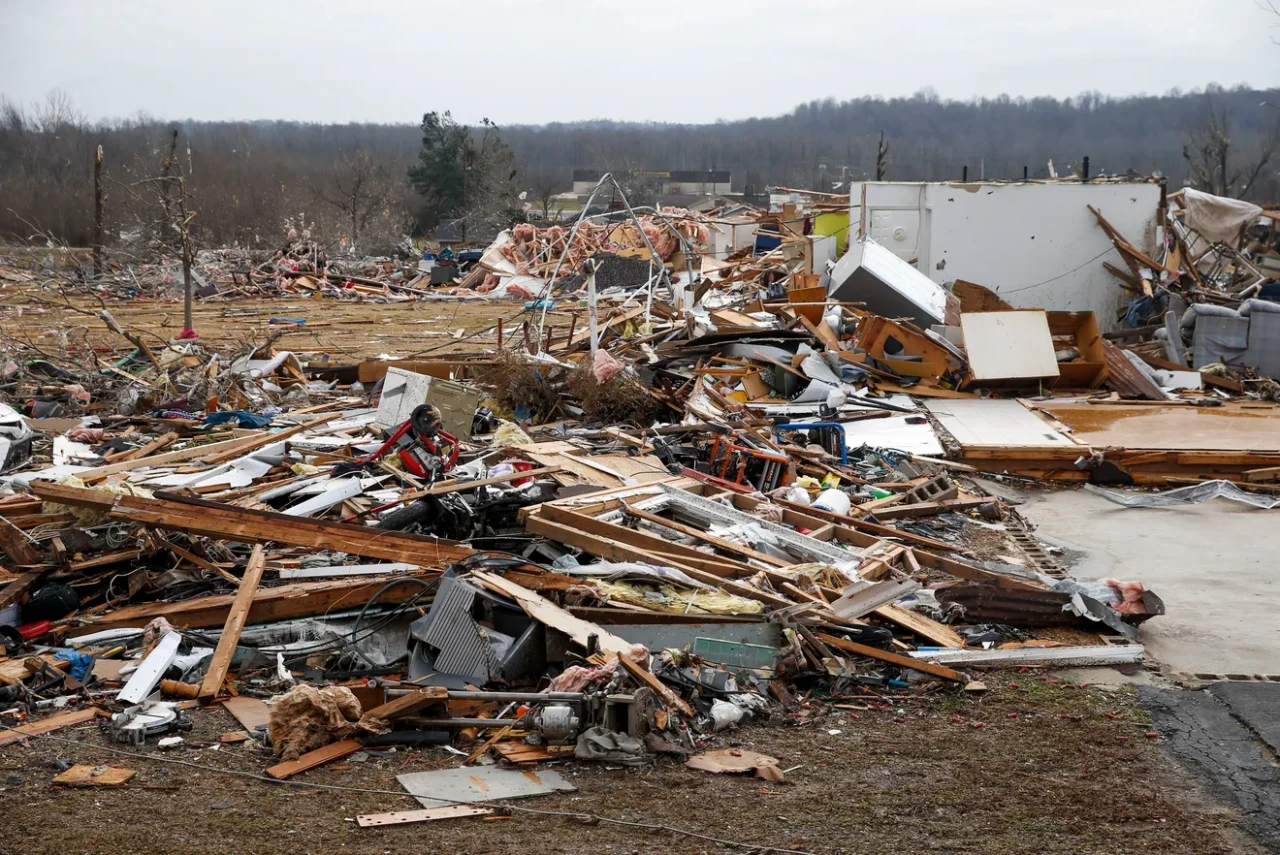
Hammers began to outnumber sirens. By late summer of 2022 new roofs glinted like scales under July sun and two dozen families moved into freshly framed houses laid out by Mennonite carpenters who refused payment beyond a handshake. The Dollar General reopened beneath a banner that read simply Still Here. The town library—its books once soaked and swollen—hosted a children’s reading hour on folding chairs amid half-hung drywall. Progress limped, but it came.
Then came January 1, 2023. A lesser funnel, but crueler in timing, pirouetted down the same scarred corridor, kicking apart what calloused hands had barely set upright. Tarps flew, sheathing ripped, and half-raised studs toppled like matchsticks. One resident, broom in hand, stared at her ruined kitchen and muttered, “Start over—again.” The words tasted of dust and stubborn will.
History might call these storms flukes of meteorology; the people of Dawson Springs call them tests. And tests, they’ll tell you, are passed in fellowship. Tractor operators from counties away brought front-end loaders unasked. A café owner—the only eatery still under roof—served plate lunches to linemen until her pantry was bare, then reopened the next morning after a farmer delivered two hogs and a sack of onions. The postmaster sorted mail under a blue tarp because bills still gotta find folks.
Government aid trickled. At the nightly firepit gatherings neighbors compared rebuild tips, shared bourbon, swapped tornado gallows humor.
Locals lean on old tales for courage. They recount the 1902 fire, the 1937 flood, even the influenza wave that filled the cemetery’s northern rise. Each calamity is evidence of a previous comeback, a rung on the ladder they now climb.
Outsiders come to photograph the destruction, but many leave with a hammer in hand. A roofing crew from Vermont stayed a month; a church youth group from Georgia gutted five basements in four days. Gratitude lingers longer than debris.
Resilience is measurable in mundane triumphs. The Little League board drew chalk lines on a make-shift diamond carved from a soybean field; when the first pitch sailed under April sun, parents cried harder than the players. The pharmacy reopened in a trailer. A Wednesday farmers market re-emerged with tomatoes grown in pots behind whatever temporary shelter their growers occupied. Each tomato sold tasted of reclamation.
Yet no one romanticizes the hardship. Trees stand leafless where bark was sand-blasted by sheet-metal shrapnel. Insurance arguments keep kitchen tables encumbered with files. PTSD rides the thunderheads of every spring storm. But the town’s unofficial motto—This is a special place—carries new heft because it rode through vortex and came out scuffed but legible.
Dawson Springs once thrived on mineral water and coal trains. Today it thrives on borrowed tools, stubborn laughter, and the mantra of nail guns. It studies blueprints not for mansions but for a main street that hopes someday to smell of fresh coffee instead of splintered pine. The mayor still keeps that bullhorn handy, though nowadays she wields it to announce community cookouts rather than curfews.
The porch-light glow fades; this is now a town that will not be measured by the storms that demolish it, but by the hands that rise after each one to rebuild.
Dawson Springs, Kentucky. Population tallied by census, spirit counted by storms endured. Easy to find on a map—harder to comprehend until you’ve felt the pulse that beats beneath the rubble and ryegrass.

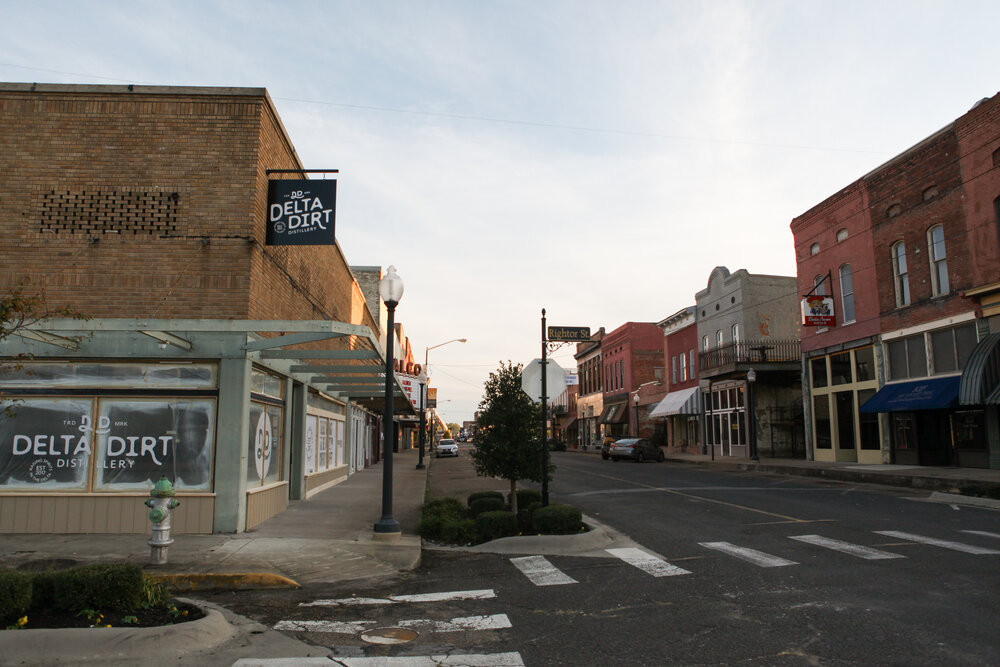
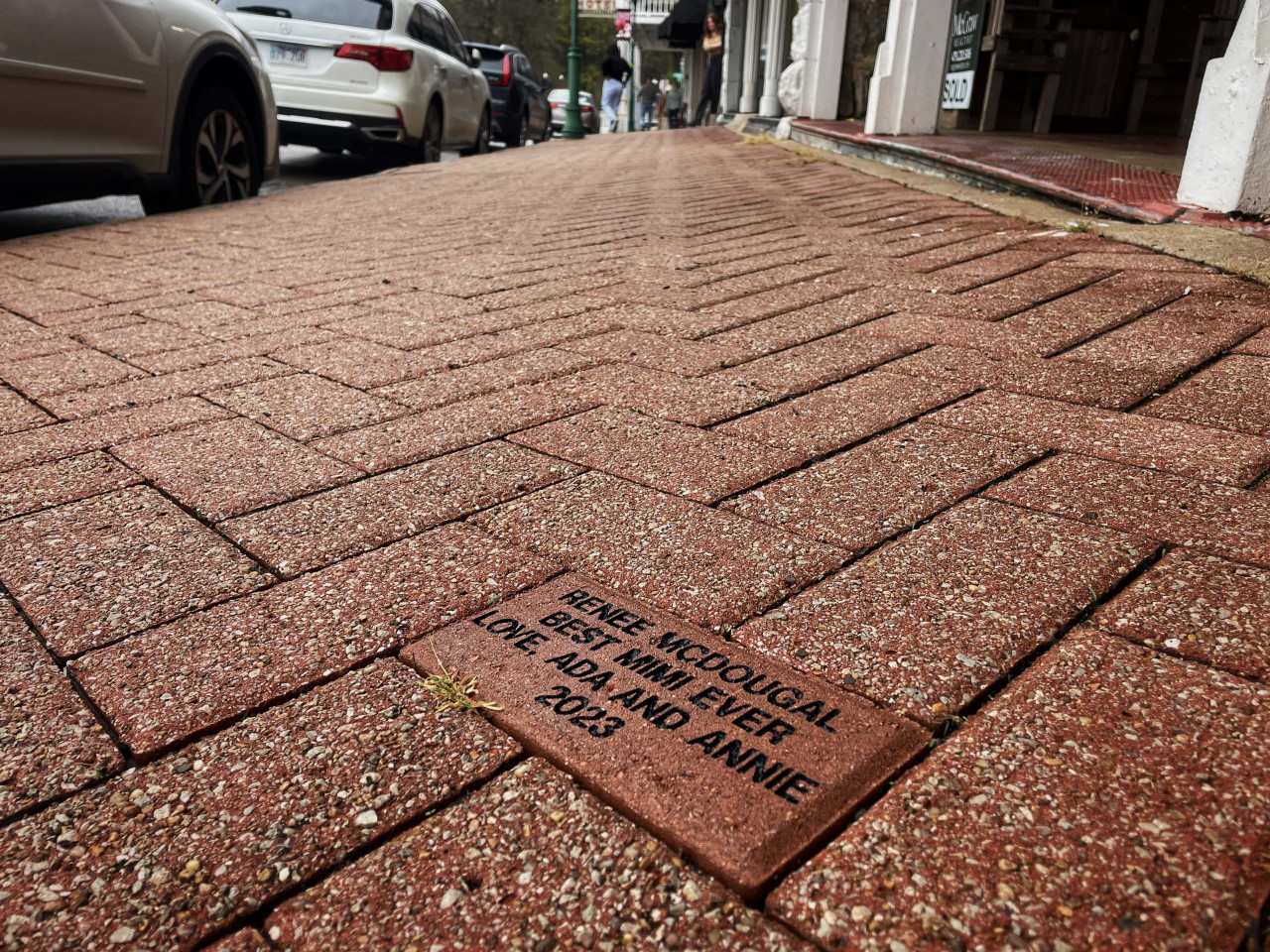
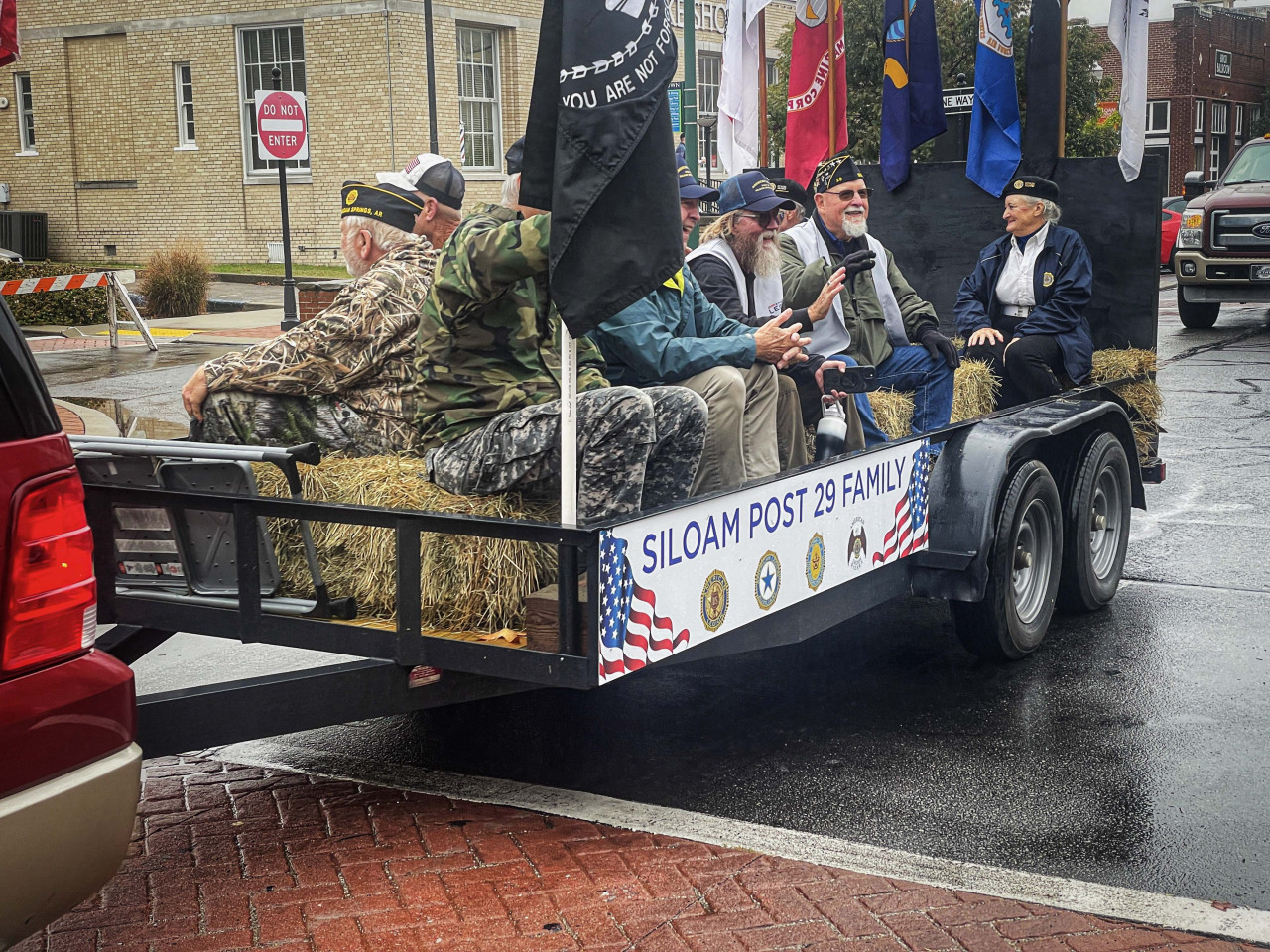
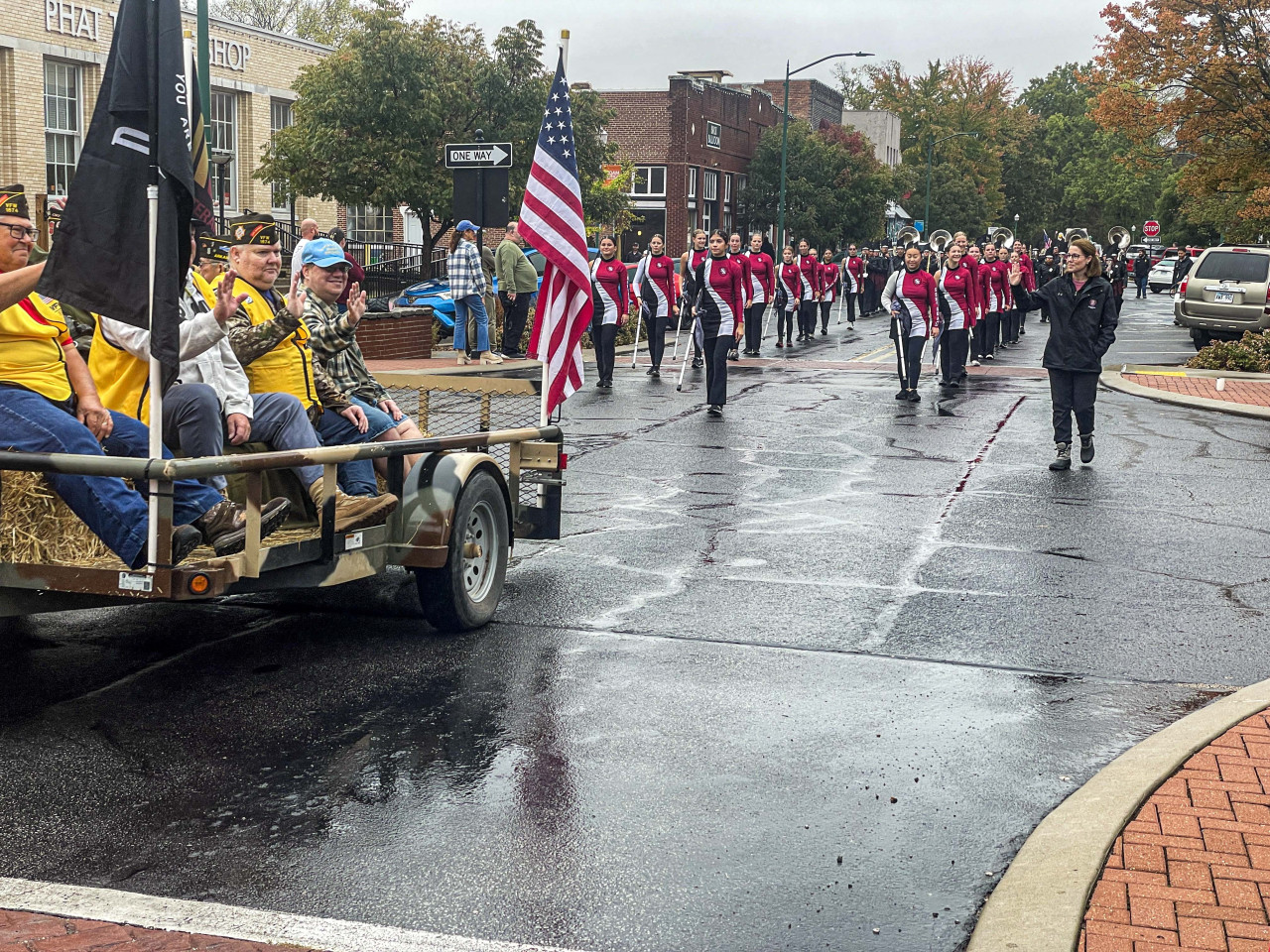
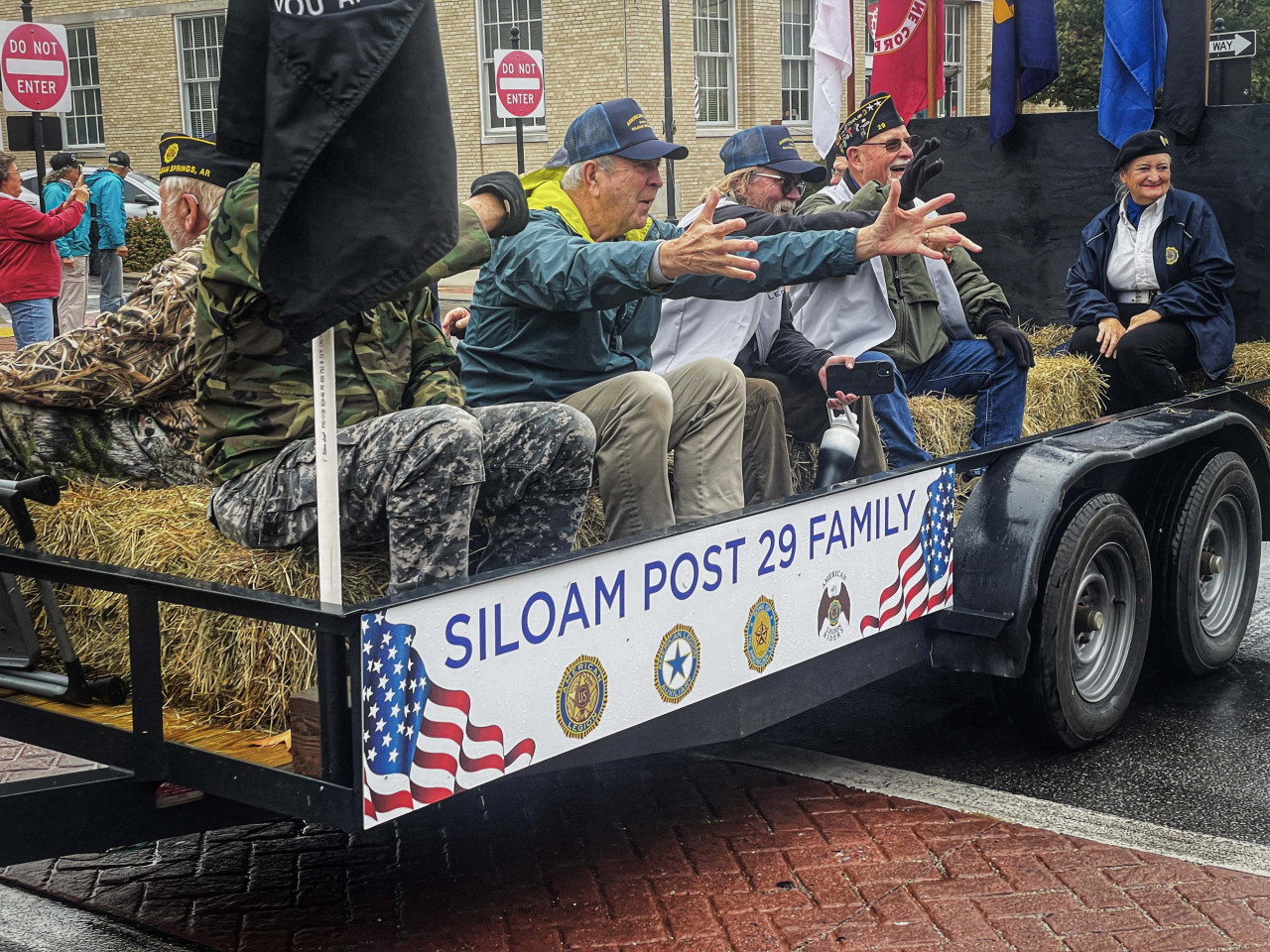

Again, a great story again... thanks for taking us along for the ride.
In tears my friend. I appreciate your gift with storytelling so much.
Wow. Thank you for all you do Cate, and thank you Brock and the Hope & Generosity Tour for bringing this to us. So very powerful.
What a story. The people you are finding have incredible stories and I know how appreciative they are of your generosity.
Fabulous visuals and insight.